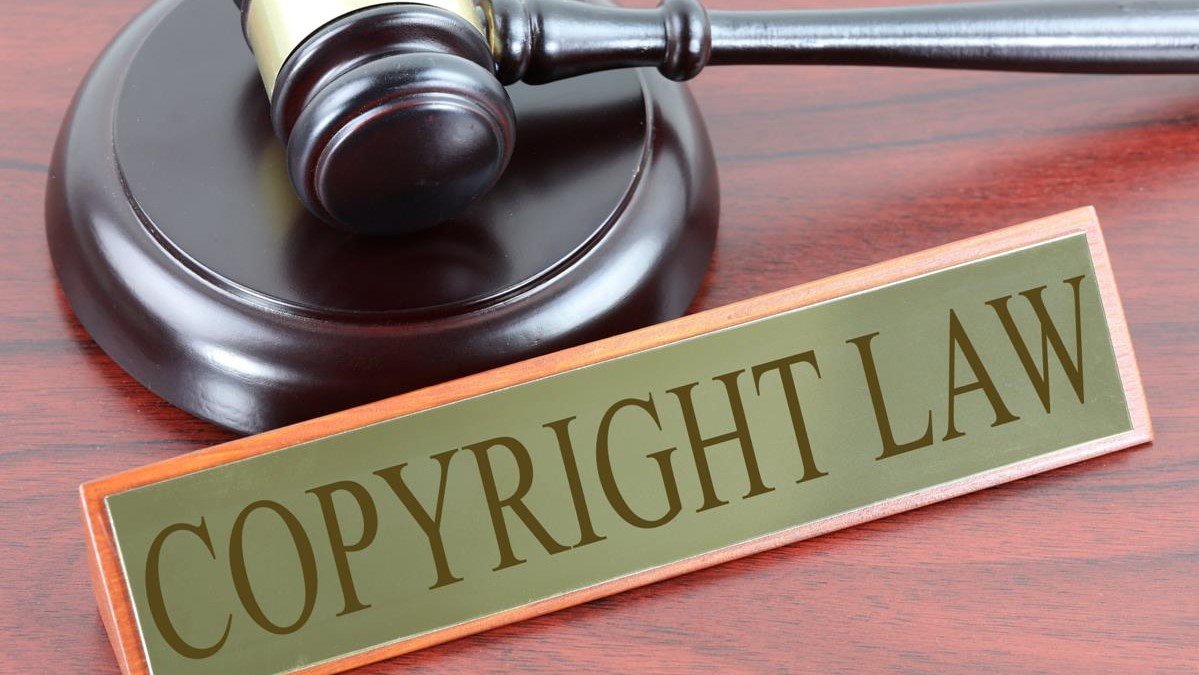Copyright in dramatic works refers to the legal protection granted to original creations intended for performance. This includes plays, scripts, screenplays, choreographic works, and dramatic adaptations. The purpose of copyright is to protect the creator’s intellectual effort and prevent unauthorized use or reproduction of their work.
What Qualifies as a Dramatic Work?
A dramatic work must be original and expressed in a tangible form, like a written script or choreographic notation. It does not include audiovisual recordings or purely spoken ideas. Examples include:
- Stage plays
- Theatre scripts
- Dance choreographies
- Dramatised versions of novels
- Screenplays for movies or TV shows
Who Owns the Copyright?
The author or creator of the dramatic work is usually the copyright owner. In some cases, if the work is created under a contract or employment, the employer or commissioning party may own the copyright.
Joint authorship is also common in drama, especially where writers, composers, and choreographers collaborate. Each contributor must consent to use or adapt the work further.
Duration of Copyright
In most countries, including India, the copyright in dramatic works lasts for 60 years after the death of the author. During this period, others cannot copy, perform, or adapt the work without the copyright owner’s permission.
Rights Granted by Copyright
The copyright holder of a dramatic work enjoys the following exclusive rights:
- To perform the work publicly
- To reproduce or publish the script
- To adapt the work into another format (e.g., film or opera)
- To authorize translations
- To broadcast or communicate the work to the public
Infringement of Copyright
Unauthorized reproduction, public performance, or adaptation of a dramatic work is considered copyright infringement. Legal remedies include injunctions, monetary damages, and even criminal penalties in some jurisdictions.


